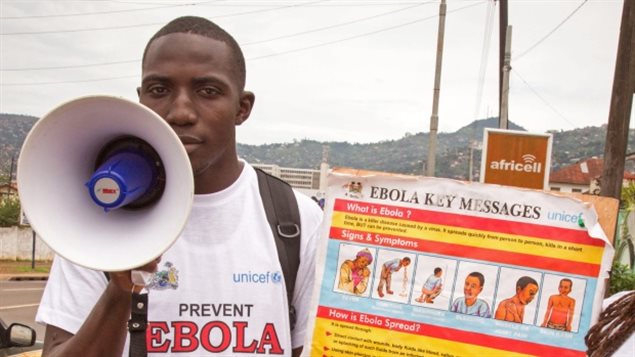As humans push into more remote areas they are coming into contact with diseases rarely encountered before. Diseases confined to animals for example are now being transferred to human hosts, and then develop into disease which can be spread from human to human.
With easier and faster travel to all parts of the globe, local diseases are now being spread to new previously unexposed populations as well. Treating these epidemics is costing billions, but if we planned ahead with vaccines, it would only cost millions.
Albertus “Ab” Osterhaus (PhD) is a professor from the Netherlands and a world renowned expert in virology.
Listen
Professor Osterhaus is in Hamilton Ontario this week to give a public lecture at McMaster University and speak to other Canadian experts on the topic of links between zoonosis — or infectious diseases of animals that can naturally be transmitted to humans – and pandemics in our changing world.
In 2002 “severe acute respiratory syndrome” or SARS killed hundreds in China and around the world including 44 in Toronto Ontario. A handful of cases were still reported in China in 2003, 2004.
China later ordered the killing of some 10,000 civet cats, suspected to be carriers of SARS. The weasel-like mammals are considered a delicacy in Guangdong and are served in wild-game restaurants.
When it arrived in Toronto Ontario after an international flight from Hong Kong, it severely strained the medical system which was not prepared for such an epidemic. Later inquiries made dozens of recommendations. Professor Osterhaus notes it’s another case of a disease being transferred to humans and being spread rapidly through world travel.

HIV and Ebola are both considered to be animal diseases that have been transmitted to humans with devastating results, probably through the human consumption of wild African animals, so called “bush-meat”.
In all these cases Osterhaus says international cooperation and preparation for the potential outbreak of already known diseases can easily prevent an outbreak from becoming an epidemic or pandemic.
He says HIV, SARS, Elbola and others were all known diseases before they became a deadly scourge, each one costing billions to combat after the fact.
Although he says it would cost millions to develop vaccines against several other known diseases which only present a potential problem now, it could eliminate the need for spending those billions later once there is an outbreak.
Albertus Osterhaus video- Empirie project







For reasons beyond our control, and for an undetermined period of time, our comment section is now closed. However, our social networks remain open to your contributions.